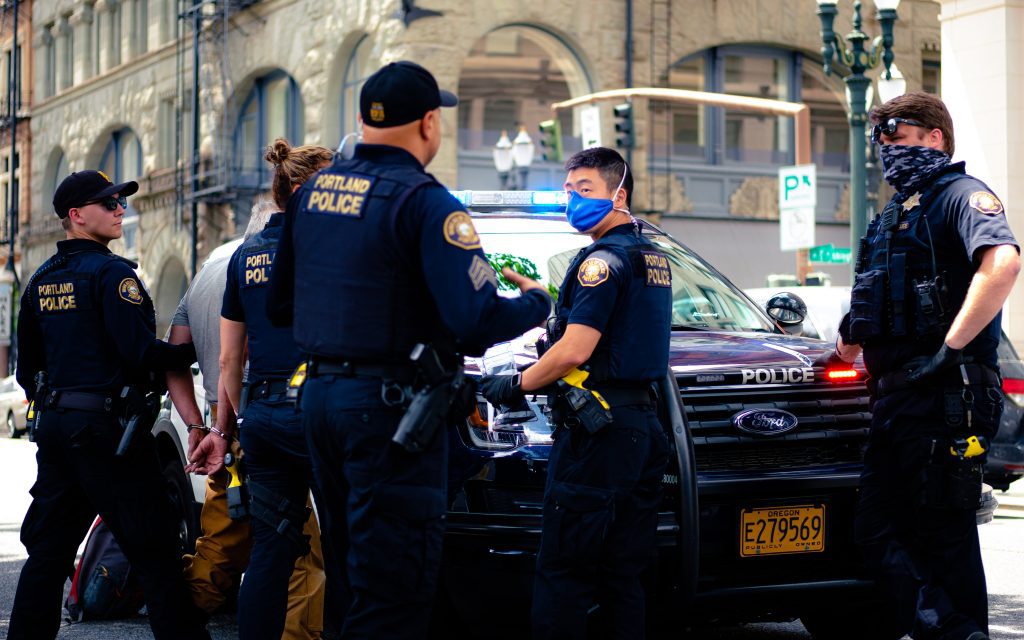No. If you’re acquitted, i.e., if a jury finds you not guilty in a criminal case, the prosecution cannot charge you with the same crime again. Pursuant to the Fifth Amendment to the U.S. Constitution, no one may “be subject for the same offense to be twice put in jeopardy of life or limb….”
In other words, the Fifth Amendment prohibits the prosecution from prosecuting you twice for the same crime arising out of the same set of circumstances. In the legal world, we call this protection the double jeopardy clause. It is one of several different rights that the Fifth Amendment protects.
Are there times when the prosecution can charge you twice?
Even though the double jeopardy clause of the Fifth Amendment prohibits the government from charging you twice for the same crime, there are situations where you might face multiple charges for the same thing. These situations might feel unfair. But our justice system has allowed them for decades.
To begin, you can face multiple charges in the same case arising out of the same actions as long as those actions constitute multiple crimes. For example, if you coordinate with several other people to sell a substantial amount of cocaine while possessing a firearm, you can face a number of different charges.

Specifically, prosecutors can charge you with possessing cocaine, possessing cocaine with the intent to sell or distribute it or even drug trafficking. They can also charge you with possessing a firearm while committing a felony in addition to possessing a firearm while committing a drug-trafficking crime.
But you can also face additional charges if the prosecution later learns about more criminal activity that occurred. For instance, if they originally charge you with possession but later learn that you intended to sell or distribute it, prosecutors can raise or change the charges against you.
You can also face charges from multiple agencies, including both state and federal prosecutors. If you’re in Ann Arbor, Michigan, for instance, the Washtenaw County Prosecuting Attorney could charge you. But so could the U.S. District Attorney for the Eastern District of Michigan in certain circumstances.

If you’re charged twice for the same thing, what happens?
If a prosecutor charges you with the same crime twice for the same actions, you will more than likely have to move for a dismissal of charges. In your motion to dismiss, you will explain that the subsequent charges violate your Fifth Amendment right to be free from double jeopardy.
Ideally, a trial judge considers your motion to dismiss and makes the prosecution prove that the new charges are, in fact, different from the earlier ones. If the trial court denies your motion, you can raise the argument again on appeal. Hopefully, the appellate court will reverse the trial court’s decision.
The Takeaway:
If a jury finds you not guilty of a specific crime arising out of a specific situation, the prosecution cannot charge you with that same crime again. The Fifth Amendment’s double jeopardy clause prohibits this kind of conduct. If a prosecutor tries this tactic, the court should dismiss the charge against you.






